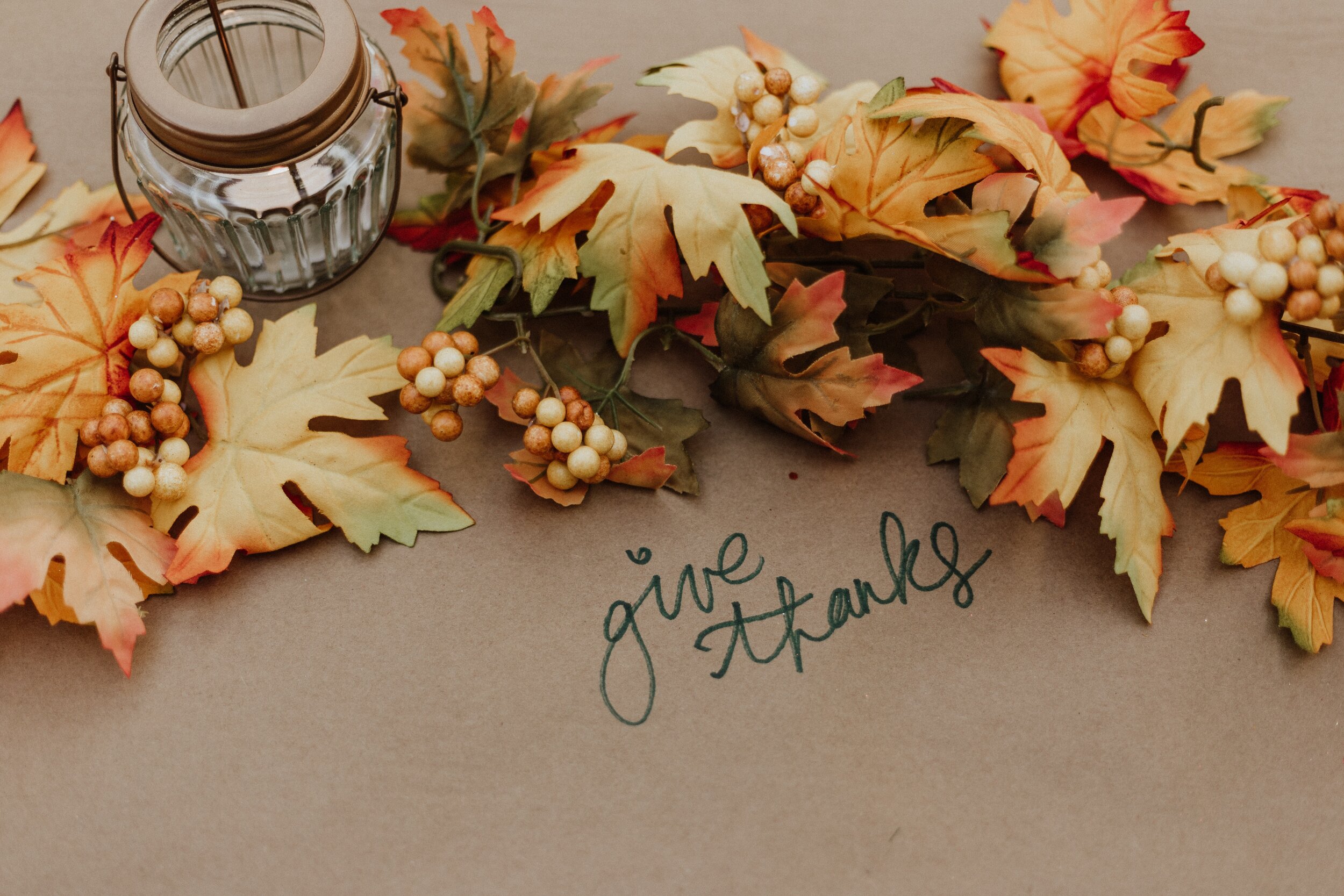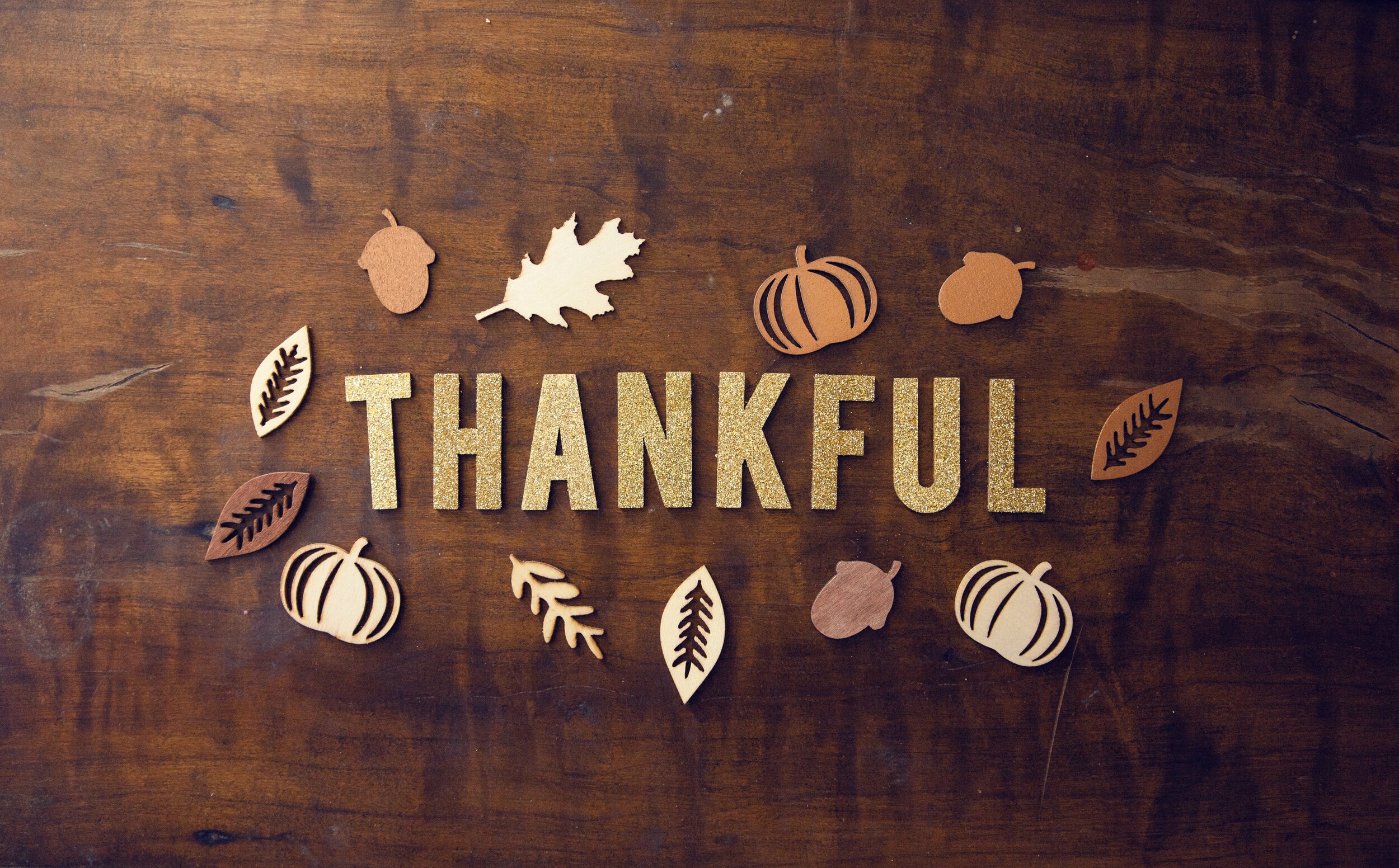Health

As we grow, our families hope that we remain healthy, feel satisfied with our careers, have satisfying friendships and romantic relationships, and feel positive overall about our lives. Are there factors that might impact the transition from adolescence to adulthood, ensuring we feel positive about these life transitions? Absolutely.
Research suggests that a teen’s affect, particularly positive affect, is a critical factor impacting positive outlook. So what is affect? It’s the tendency to express positive or negative emotions, which in turn influences how we experience things and determine whether to judge a given situation as positive or negative.

COVID-19 has brought us a year of anxious uncertainty. Sheltering in place, working remotely, or facing daily hazards as essential workers, we’ve been unable to see our extended families, meet a friend for coffee, or even go to the gym, a sports game, concert, or movie. Some of us have lost loved ones, leaving a heartbreaking hole in our lives. All of us have lost touch with the normal rhythms of life. With no breaks in routine and fewer simple pleasures, the past few months have been an endless blur. Recent studies have shown that depression rates in America have tripled since the pandemic began (Berman, 2020).

With the pandemic forcing many of us to stay inside as much as possible, most therapists are meeting their clients virtually at present, in order to protect others and remain safe. While there has been an adjustment to navigating virtual therapy, there have been many benefits to being able to transition to more virtual opportunities for therapy.

Many clinicians and clients alike tout the positive aspects of journaling. When working towards a personal goal, managing emotional wellbeing, or looking for a creative outlet, journaling can be an excellent coping mechanism. Journaling is a simple, and extremely effective coping mechanism yet it is largely underutilized.

As the holidays end and the winter begins to ramp up, symptoms of depression can heighten as well. Living with mental illness can feel isolating and lonely, especially when negative thoughts creep into our heads telling us these things. This is why it is crucial to connect with others, especially during the winter months when symptoms are known to worsen.

While many of us cannot wait for 2020 to end and feel 2021 will be better no matter what, there may still be some individual resolutions we can all consider, not only for our physical health but our mental health as well. Research has shown that there are certain strategies that improve mood and reduce the risk for mental health concerns. The ten strategies below are simple resolutions you might consider that can have a big impact on your well-being as we ring in 2021.

As the holidays approach, many struggle with difficulties that can make it a challenge to feel grateful and maintain a positive outlook. However, having a positive outlook has been linked to better ability to problem solve, and overall greater emotional wellness. So why be grateful at all? Well, gratitude enables you to see your life in a larger context beyond immediate problems. Gratitude expands your life experiences and counteracts ego-centered preoccupations with losses, fears, and wants. If you are only grateful when good things happen, it reinforces your ego’s demand for good things, leading to greater disappointment when things do not turn out the way you had hoped.

With the holiday season approaching, as stress and anxiety heighten, it can be helpful to develop more coping strategies to get through particularly difficult moments throughout your day. Mindfulness meditation can be an extremely helpful technique to reduce your stress and anxiety.However, you can engage in these practices even without any formal meditation throughout your day. Below are a few ways to incorporate mindfulness into your daily life allowing you to feel more focused, calm, and at peace.

As we end Halloween and approach Thanksgiving, thoughts of other winter holidays also begin to come up. Planning for all of these holidays and events can bring about panic, anxiety, stress, and a feeling of all the things we “have to” do. These “have to’s” such as cooking, decorating, buying gifts, getting together with others, etc. are the “have to’s” many of us face throughout the holiday season. With so many things to do, these “have to’s” can take a toll on our well-being. But do we really have to do all of these “have to’s”? Not necessarily. There are ways to make sure you find a balance between what you want to do, and what you have to do this holiday season.

As Thanksgiving approaches, the focus on gratitude and being thankful for others comes to mind. The research on understanding the impact of gratitude on health and relationships has also expanded over the last several years. Expressing gratitude on a consistent basis has been shown to positively impact important areas in one’s life including emotional wellbeing, physical health, and connectedness in relationships.